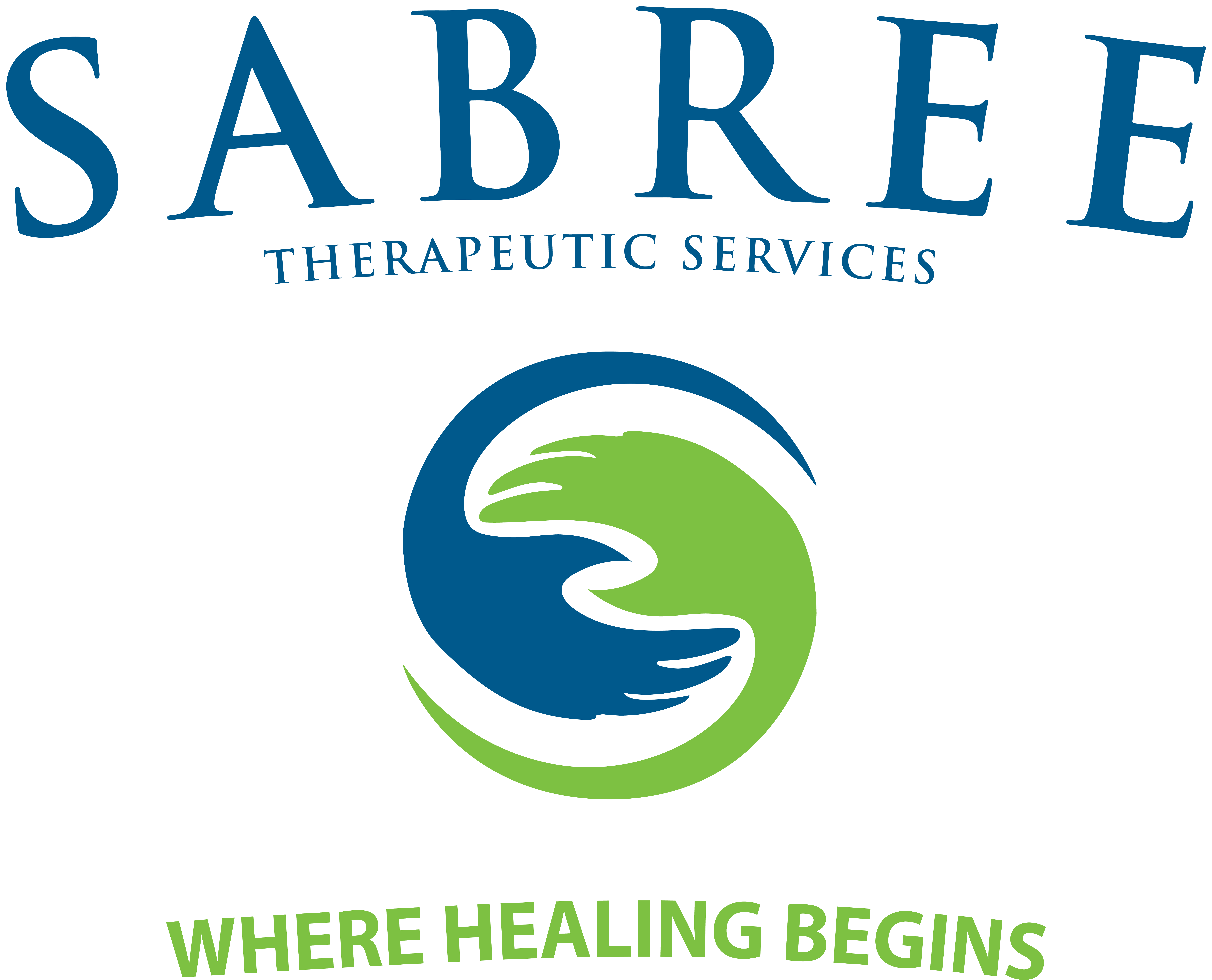Welcome!
We would like to start off by welcoming you to the first of many newsletters that will be sent out on behalf of Sabree Therapeutic Services, LLC! The newsletters will focus on a variety of different topics related to mental health in children and adults, different coping strategies, as well as how family members can be of support to those dealing with various mental health conditions. We hope that you enjoy!
Back to School Anxiety
We all know that going back to school is a transition and hard period for all school age kids. Coming back from a fun-filled or even laid-back summer vacation and getting back into the mindset of having homework, studying for tests, potentially making new friends, etc. can bring on a lot of worry. In addition to that, you have kids transitioning from elementary school to middle school, middle schoolers are going to high school, and high schoolers are becoming seniors.
For parents, identifying the signs that your child(ren) may be experiencing some back-to-school anxiety is the first step to helping them. Some signs to lookout for are intense clinginess, feelings of restlessness, complaints of stomach aches, and expressing negative thoughts or feelings. Researchers offer tips for parents to help their kids overcome their anxiety before the start of school. These tips include waking them up as if it time for school, having them going to bed at their in-school bedtime. For small kids, if they ride the bus walking with them to the bus stop and having them eventually walk to the bus stop on their own to help gain some familiarity. For high school seniors getting all deadlines (tests, college applications, SAT/ACT) beforehand, helping them pick out colleges they are interested in, and setting up a routine can be beneficial in helping ease anxiety.
As children get out of the readjustment phase of going back to school, parents and teachers should start to see improvement. If you find that symptoms are not getting any better and are the same or even worse, it may be a good idea to seek outside help because it could be a sign of a mental health illness.
Depression and Anxiety in Adults
Depression is something that can have an effect on individuals regardless of age and race. In 2020, it was reported by the National Institute of Mental Health that 8.4% or 21 million Americans had at least one major depressive episode. It was also reported that depression was higher in adult females than in adult males. Females made up a total of 10.5% whereas men came in at 6.2%. For those who experience anxiety, there were more women than men who had been diagnosed, however not many have received treatment for their anxiety. In most cases, Generalized Anxiety Disorder co-occurs with Depression.
In order to treat something, one must first be able to identify the signs and symptoms. To be noted, there is a difference between being sad and being depressed. With sadness, it is easier to overcome the feelings and they are not as persistent, whereas individuals who are depressed experience symptoms for longer periods of time. Some signs a person may be dealing with depression is loss of interest, increased fatigue, uncontrollable emotions, suicidal and sometimes homicidal thoughts. Individuals with anxiety can experience symptoms of rapid heart rate, excessive worriness, and increased trembling. Often, some individuals seek out counseling services to help treat their depression and/or anxiety and some are prescribed medication as a form of treatment.
Depression and anxiety are the most common of mental health disorders and are disorders that an individual does not have to live with for the rest of their life. Some tips to help reduce episodes can be allowing yourself to feel your emotions at that time. Instead of trying to suppress your feelings, express them. Another tip, get a routine and try to stick to the routine. Also, trying taking walks and changing your eating habits can be helpful!
Employee Spotlight
 To kick things off we want to highlight the Founder of Sabree Therapeutic Services, LLC, Mr. Mikal Sabree!
To kick things off we want to highlight the Founder of Sabree Therapeutic Services, LLC, Mr. Mikal Sabree!
Mikal is native of Montgomery, Alabama having graduated from Carver High School in 2006. Upon completing high school, Mikal earned his Bachelor’s of Social Work at Alabama State University (ASU) in 2010. After his time at ASU, Mikal received his Master’s of Social Work from Alabama A&M University in 2011. Mikal started his career as a Senior Social Worker with Alabama Department of Human Resources in 2011 and remained there until 2013 when he went to further his career with the Birmingham VA Medical Center taking part in their Telemental Health program as a Mental Health Therapist. Mikal then transferred to the Central Alabama Veterans Health Care System (CAVHCS) in Montgomery where he resumed his role as a Clinical Social Worker.
Mikal was inspired to start his private practice while employed with the Jefferson County Department of Human Resources. During this time, he was able to fully see the benefit of therapy and counseling in the lives of clients. In June 2015, Sabree Therapeutic Services, LLC was born because Mikal identified that there was a need in increasing the access to quality counseling and mental health services in his hometown, Montgomery. Mikal worked in private practice 3 years part-time before eventually transitioning to full-time. In September 2018, Mikal left his position at the CAVHCS and began dedicating his full attention to his practice. Sabree Therapeutic Services, LLC transitioned to a group practice in 2019 employing therapists from various backgrounds and skill sets. The practice began serving clients in the Montgomery area and has now expanded its reach by establishing an office in Mobile, AL with the capacity to serve clients throughout Alabama via telehealth.
Mikal is a Licensed Independent Clinical Social Worker (LICSW) and a Private Independent Practitioner (PIP). In his free time, he enjoys reading, volunteering, exercising and spending time with family. Mikalresides in Montgomery with his wife and two children.
Sources:

(800)-381-2309 | info@sabreets.com